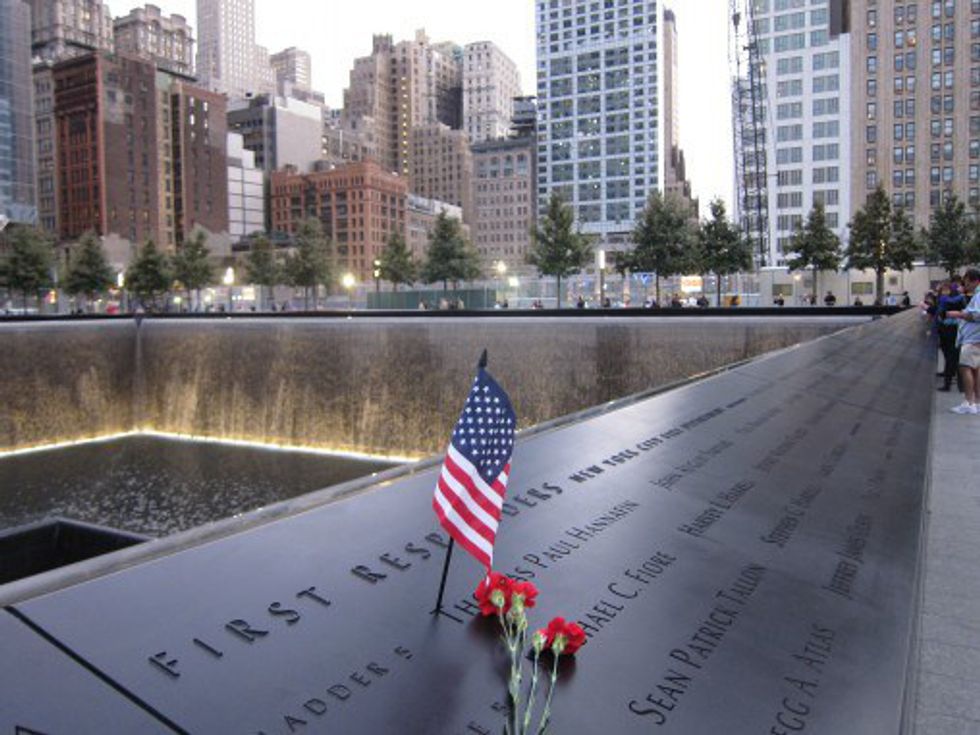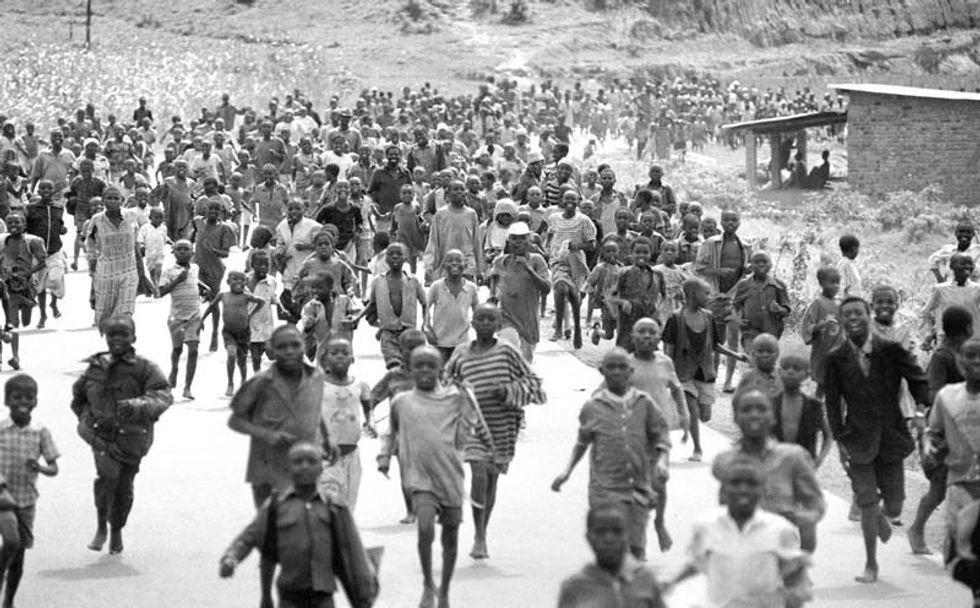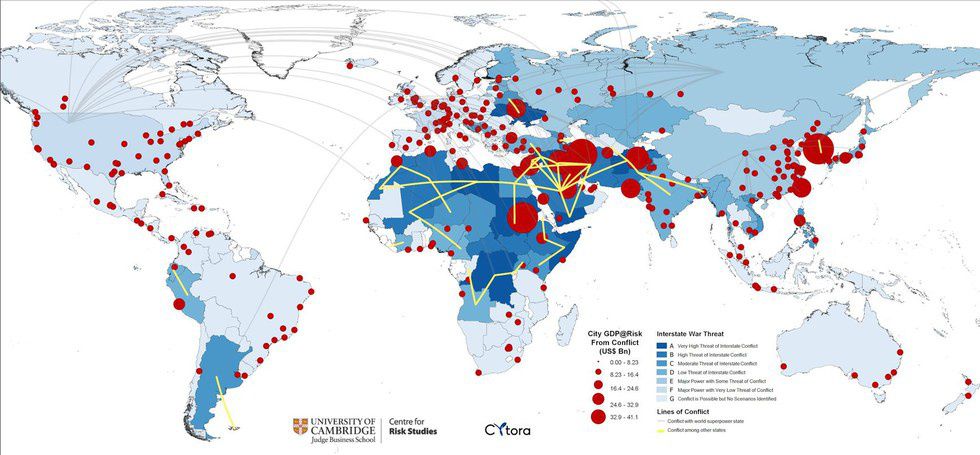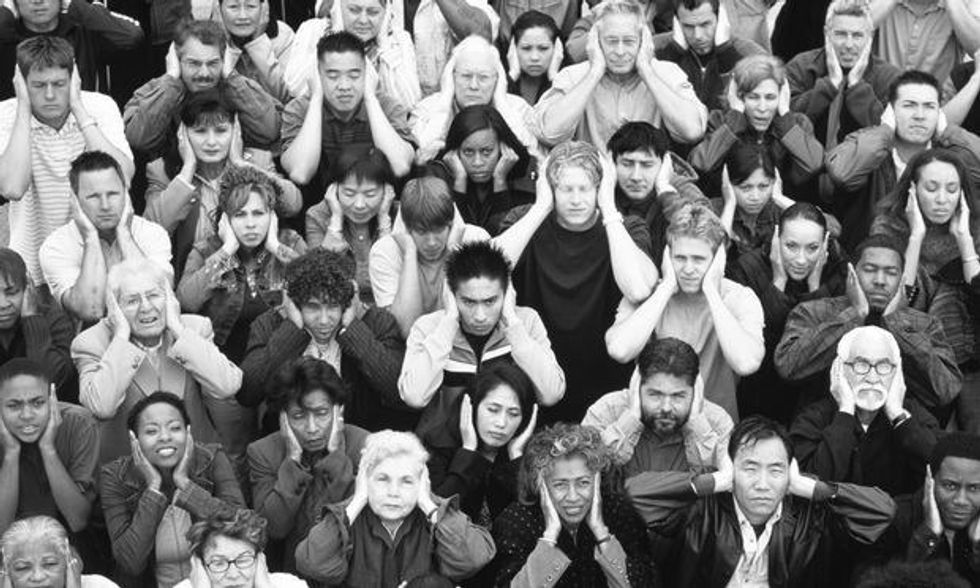This is a mediocre blog post about an important topic. It should have been written by someone more eloquent than I, but since I've been persecuted by these thoughts, I felt responsible for writing them down. On this day when the cord between our heads and our hearts labelled "civic responsibility" is especially taught, I hope this note resonates with you.
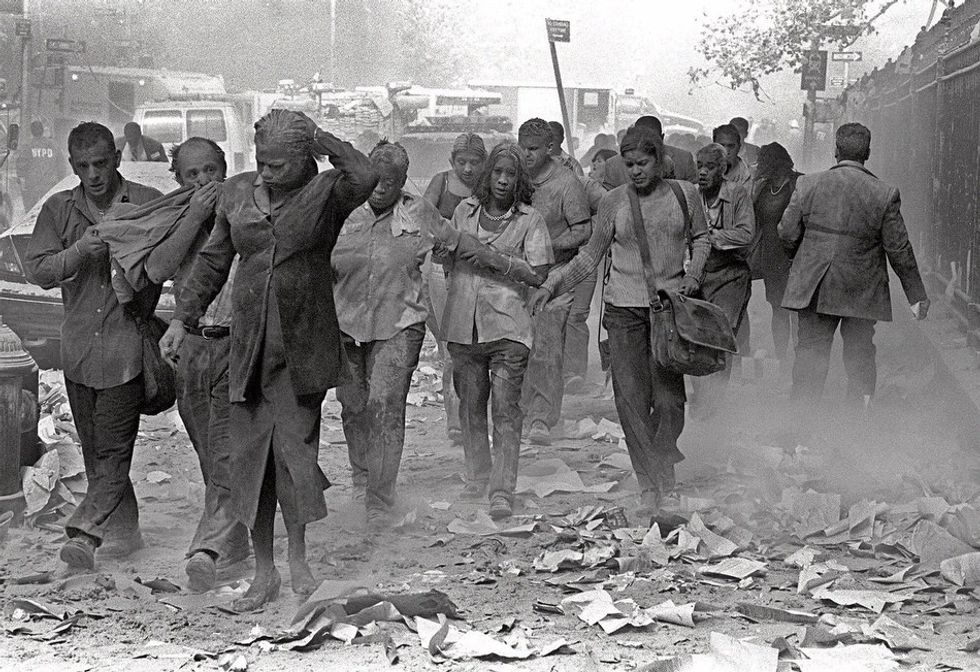
Since 2001, I have deeply appreciated they way our country returns to the memory of that tragedy. For one day every year, I learn more about the events our nation hopes to "Never Forget," and the details, consequences and changes accumulate greater context and significance.
But we could always do more with the other 364 days.
The attacks and resulting conflicts are covered in most American History curriculums, along with the Revolutionary War, Civil War, World Wars, Cold War and Vietnam (kind of) -- all the "major" conflicts.
April 1994, a calculated massacre began in Kigali, Rwanda that devastated the international government communities. I was born in May, and the genocide continued through the first two months of my life.
When I was 20 years old, I attended a conference. By random selection, I ended up in a lecture with Dr. Celestin Musekura, the President and Founder of African Leadership and Reconciliation Ministries (ALARM, Inc.) who spoke about American action (or lack thereof) during the Rwandan Genocide. That evening I learned that everything I thought I understood about US intervention was at best, incomplete, and at worst, confined to a self-centered and biased perspective.
The US has been involved with conflict all over the world in varying capacities during my lifetime. The Somali Civil War, Iraqi Kurdish Civil War, Intervention in Haiti, Bosnian War, Nepalese Civil War, War in Afghanistan, Kosovo War, Operation Enduring Freedom in the Philippines, Iraq War, Intervention in Libya, War on ISIL, just to name a few.
Each of these listed, and countless others around the world that did not directly involve the US contribute valuable perspective to truth-seeking. And I'm confining my examples to a brief, 20-year period. Like in the process of Judicial review, past actions are crucial to understanding present dilemmas. Growing up, all I knew about my present was 9/11, and from the time I was seven years old, I began to form opinions, think critically, articulate and pursue a perspective relating to the War on Terror without the knowledge to engage with present history from multiple perspectives.
The knowledge I gained concerning America's foreign policies during the first year of my life sharpened my perspective of our nation's policies and decisions over the past two decades, and even the past few months.




